
Life of Pi:Movie Tie-In
¥ 29.8 八五品
仅1件
浙江温州
认证卖家担保交易快速发货售后保障
作者Yann Martel
出版社Mariner Books
出版时间2012-10
装帧其他
上书时间2024-04-30
- 在售商品 暂无
- 平均发货时间 6小时
- 好评率 暂无
- 店主推荐
- 最新上架
商品详情
- 品相描述:八五品
图书标准信息
- 作者 Yann Martel
- 出版社 Mariner Books
- 出版时间 2012-10
- ISBN 9780547848419
- 装帧 其他
- 开本 其他
- 纸张 其他
- 【内容简介】
-
MORE THAN SEVEN MILLION COPIES SOLD
New York Times Bestseller
• Los Angeles Times Bestseller
• Washington Post Bestseller
• San Francisco Chronicle Bestseller
• Chicago Tribune Bestseller
"A story to make you believe in the soul-sustaining power of fic - 【作者简介】
-
Yann Martel was born in Spain in 1963 of Canadian parents. Life of Pi won the 2002 Man Booker Prize and has been translated into more than forty languages. A #1 New York Times bestseller, it spent eighty-seven weeks on the list and was adapted to the screen by Ang Lee. He is also the author of the novels Beatrice and Virgil and Self, the collection of stories The Facts Behind the Helsinki Roccamatios, and a collection of letters to the prime minister of Canada, 101 Letters to a Prime Minister. He lives in Saskatchewan, Canada.
Biography
Sometime in the early 1990s, Yann Martel stumbled across a critique in The New York Times Review of Books by John Updike that captured his curiosity. Although Updike's response to Moacyr Scliar's Max and the Cats was fairly icy and indifferent, the premise immediately intrigued Martel. According to Martel, Max and the Cats was, "as far as I can remember... about a zoo in Berlin run by a Jewish family. The year is 1933 and, not surprisingly, business is bad. The family decides to emigrate to Brazil. Alas, the ship sinks and one lone Jew ends up in a lifeboat with a black panther." Whether or not the story was as uninspiring as Updike had indicated in his review, Martel was both fascinated by this premise and frustrated that he had not come up with it himself.
Ironically, Martel's account of the plot of Max and the Cats wasn't completely accurate. In fact, in Scliar's novel, Max Schmidt did not belong to a family of zookeepers -- he was the son of furrier. Furthermore, he did not emigrate from Berlin to Brazil with his family as the result of a failing zoo, but was forced to flee Hamburg after his lover's husband sells him out to the Nazi secret police. So, this plot that so enthralled Martel -- which he did not pursue for several years because he assumed Moacyr Scliar had already tackled it -- was more his own than he had thought.
Meanwhile, Martel managed to write and publish two books: a collection of short stories titled The Facts Behind the Helsinki Roccamatios in 1993 and a novel about gender confusion called Self in 1996. Both books sold only moderately well, further frustrating the writer. In an effort to collect his thoughts and refresh his creativity, he took a trip to India, first spending time in bustling Bombay. However, the overcrowded city only furthered Martel's feelings of alienation and dissolution. He then decided to move on to Matheran, a section near Bombay but without that city's dense population. In this peaceful hill station overlooking the city, Martel began revisiting an idea he had not considered in some time, the premise he had unwittingly created when reading Updike's review in The New York Times Review of Books. He developed the idea even further away from Max and the Cats. While Scliar's novel was an extended holocaust allegory, Martel envisioned his story as a witty, whimsical, and mysterious meditation on zoology and theology. Unlike Max Schmidt, Pi Patel would, indeed, be the son of a zookeeper. Martel would, however, retain the shipwrecked-with-beasts theme from Max and the Cats. During an ocean exodus from India to Canada, the ship sinks and Pi finds himself stranded on a lifeboat with such unlikely shipmates as a zebra, a hyena, and a Bengal tiger named Richard Parker.
The resulting novel, Life of Pi, became the smash-hit for which Martel had been longing. Selling well over a million copies and receiving the accolades of Book Magazine, Publisher's Weekly, Library Journal, and, yes, The New York Times Review of Books, Life of Pi has been published in over 40 countries and territories, in over 30 languages. It is currently in production by Fox Studios with a script by master-of-whimsy Jean-Pierre Jeunet (City of Lost Children; Amélie) and directorial duties to be handled by Alfonso Cuarón (Y tu mamá también; Harry Potter and the Prisoner of Azkaban).
Martel is now working on his third novel, a bizarrely allegorical adventure about a donkey and a monkey that travel through a fantastical world... on a shirt. Well, at least no one will ever accuse him of borrowing that premise from any other writer.
点击展开
点击收起
相关推荐
— 没有更多了 —










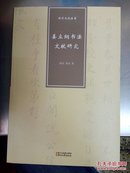
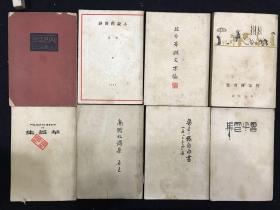

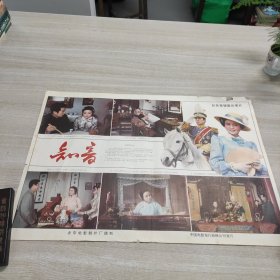

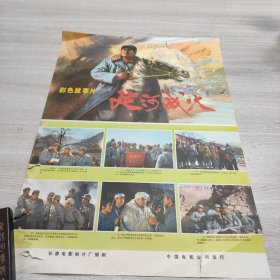
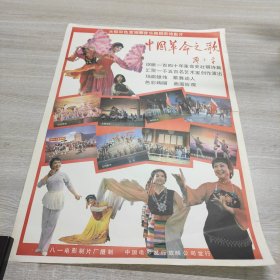
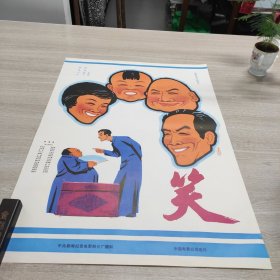

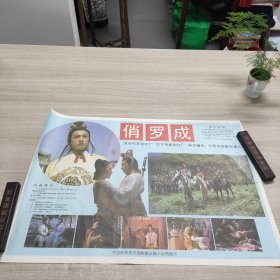



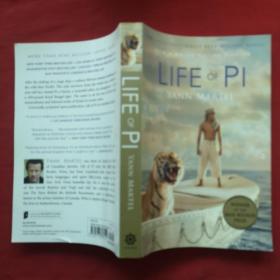


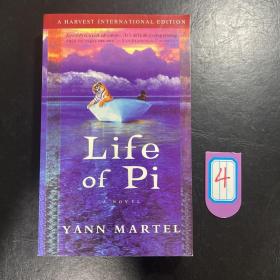
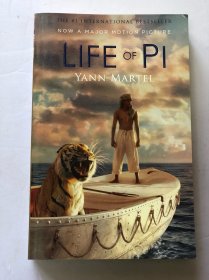

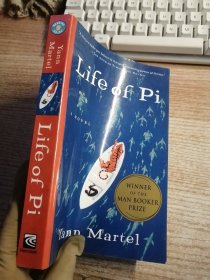


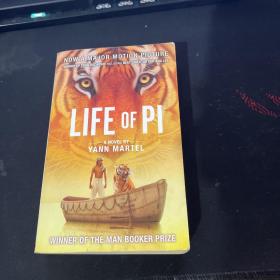
以下为对购买帮助不大的评价